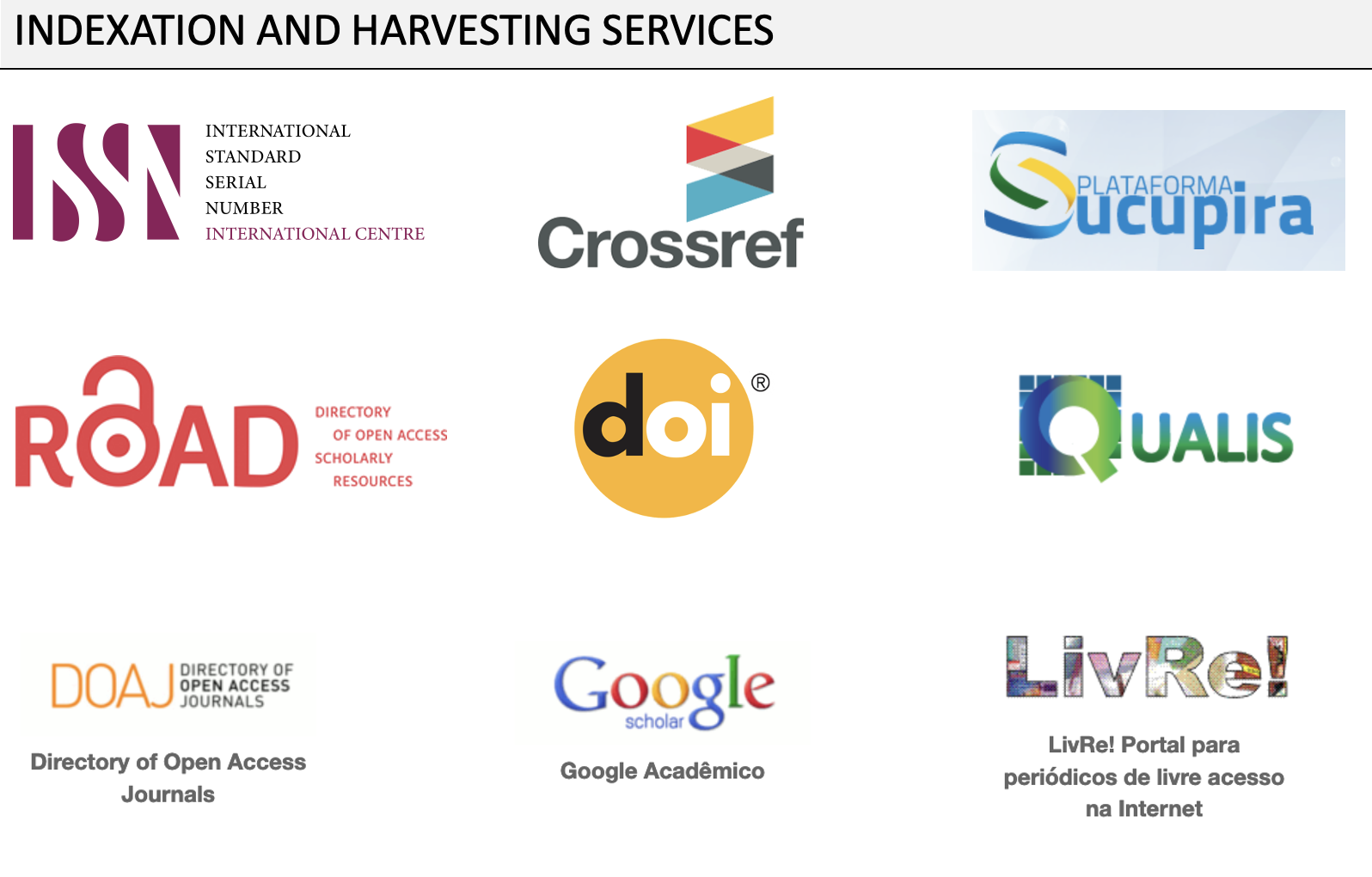When Science Becomes Engineering
DOI:
https://doi.org/10.5380/nocsi.v0i6.95875Keywords:
open science, Robert K. Merton, Covid 19, research values, scientific integrity, research assessmentAbstract
The core insight of this thoughtful and provocative article is that science has become engineering and must be re-governed appropriately. Science today is as much artefact constructing as it is knowledge-producing. Certified knowledge is found through certified construction; science has become technoscience. As such, received practices of and models for governance need re-examining.
It is not possible here to address the full range of insights and questions that René von Schomberg’s challenging paper puts on the table. His argument is clearly the outgrowth of years of critical reflection in the science policy trenches of the European Commission. I would wager that there’s no one who has thought longer, harder, and at greater depth about these issues. I will concentrate my comments on the question concerning engineering.References
Forman, S. (1976). The Existential Pleasures of Engineering. New York: St. Martin’s Press.
Merton, R. K. (1973). The Sociology of Science: Theoretical and Empirical Investigations. Ed. Norman W. Storer. Chicago: University of Chicago Press.
Mitcham, C. (2020). Steps toward a Philosophy of Engineering: Historico-Philosophical and Critical Essays. London: Rowman and Littlefield International.
Mitcham, C. (2021). Science Policy and Democracy. Technology in Society, 76, 101783. https://doi.org/10.1016/j.techsoc.2021.101783
Mitcham, C., & von Schomberg, R. (2020). “The Ethics of Engineers: From Role Responsibility to Public Co-responsibility. In Peter Kroes & Anthonie Meijers (eds.), The Empirical Turn in the Philosophy of Technology (p. 167-189). Amsterdam: JAI Elsevier.
Serres, M. (1995). Conversations on Science, Culture, and Time: Michel Serres Interviewed by Bruno Latour. Ann Arbor, MI: University of Michigan Press.
Downloads
Published
How to Cite
Issue
Section
License
Copyright (c) 2024 Carl Mitcham

This work is licensed under a Creative Commons Attribution-NonCommercial-ShareAlike 4.0 International License.
NOvation is an open-access journal under a Creative Commons – CC Attribution-NonCommercial-ShareAlike 4.0 license, which allows others to share the work with an acknowledgement (and preservation) of the author's authorship and intellectual property rights.
To this extent, the authors who publish in this journal agree with the following terms:
1. Authors retain the rights and grant the journal the right of first publication, with the work published under the Creative Commons – CC Attribution-NonCommercial-ShareAlike 4.0 that allows [...].
2. Authors have authorization for distribution, of the version of the work published in this journal, in an institutional repository, thematic, databases and in other works as a book chapter, with acknowledgement of authorship and initial publication in the journal;
3. Papers published in this journal will be indexed in databases, repositories, portals, directories and other sources in which the journal is and will be indexed.
Ethical Responsibilities of Authors
This journal is committed to upholding the integrity of the scientific record.
Consent to submit has been received explicitly from all co-authors, as well as from the responsible authorities – tacitly or explicitly – at the institute/organization where the work has been carried out, before the work is submitted.





